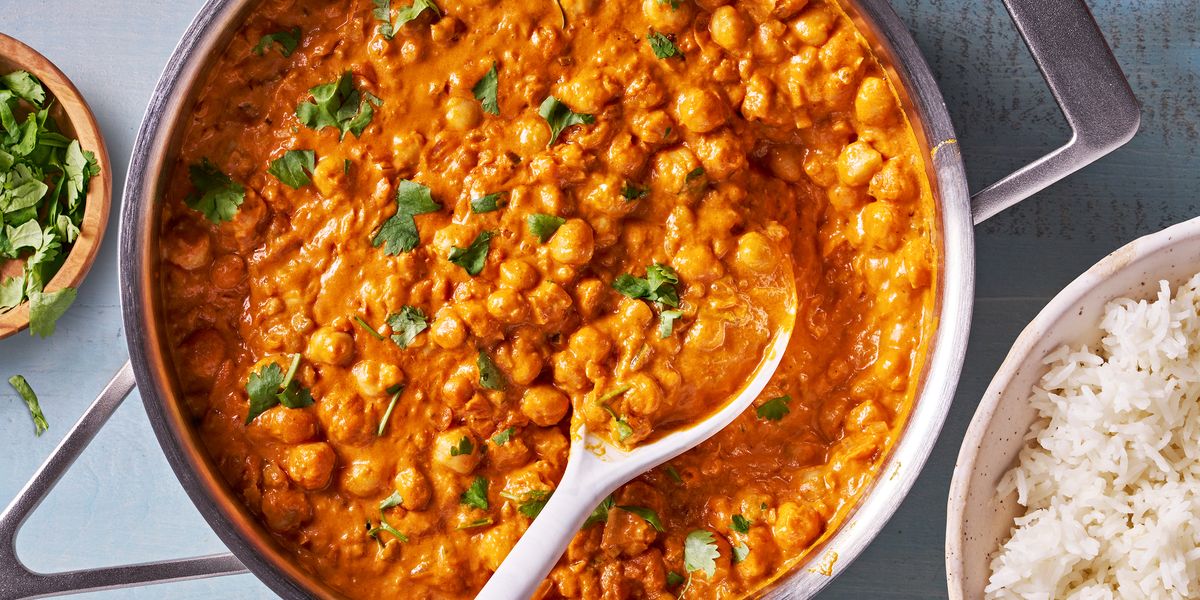
Love it or hate it, oatmeal is widely thought of as a “healthy”
breakfast choice. But should every preparation of oatmeal be considered good for you? Like with many foods, “healthy” means different things to different people. So we went to Nicole Sohayegh, registered dietician nutritionist at New York City Nutrition, to tell us everything we need to know about oatmeal and its core ingredient, oats.
What Are Oats?
Oats come from the seeds of oat grass. There are several different types of oats, and it all depends on how the grain is processed. “Usually we want to use the least processed form of grains, which would be steel-cut, old fashioned, and instant, in that order,” said Sohayegh.
While she said that all oats have a similar nutrient makeup, quick oats have additives to make them cook faster. Dense and chewy steel-cut oats take longer to digest than old fashioned oats, which means you stay full longer. Here’s more info about the difference between rolled oats and quick oats.
What Are The Health Benefits Of Oatmeal?
Oatmeal is a whole grain with a several nutrients, beta-glucan fiber, and resistant starch, each of which have their own health benefits. “In terms of micronutrients, oatmeal is rich in non-heme iron, making it a helpful choice for vegans and vegetarians, as well as other essential nutrients such as magnesium, calcium, and manganese,” said Sohayegh.
You’ll also find beta-glucan fiber, which Sohayegh said can help maintain healthy cholesterol levels, and thus heart health. The fiber can also prevent sharp rises in blood sugar and insulin, according to Harvard T.H. Chan School of Public Health.
Oatmeal may also have gut-health benefits. “Resistant starches are a type of prebiotic, which feeds the microbiome in our large intestine leading to a well balanced gut flora,” said Sohayegh.
What Are The Health Concerns Of Oatmeal?
Despite the many health benefits of oatmeal, Sohayegh says that “a diet that is in excess of carbohydrates has been found to adversely affect blood sugar and triglycerides, as well as liver health.” But Harvard notes that although oatmeal is rich in carbohydrates, oats that are minimally processed can be added to a diabetic diet.
For those who are diabetic, Sohayegh recommends eating oatmeal with eggs or Greek yogurt to boost protein and slow both digestion and increases in blood sugar.
How To Incorporate Oatmeal In Your Diet
Apart from any specific medical or allergy concerns that might make you limit your oatmeal intake, whether it’s considered “healthy” is pretty individual and depends on the preparation. For example, a packet of Maple & Brown Sugar Quaker Instant Oatmeal has 12 grams of added sugar. Meanwhile, preparing your own oatmeal allows you to control all of the sugar.
Sohayegh recommends overnight oats. “The cooking and cooling of oats have a high level of resistant starch, making it a gut-friendly breakfast choice,” she adds. “Top it with seeds such as chia or pumpkin, as well as berries to boost antioxidants, and you have a lovely nutrient balanced meal to start the day.”


















Leave a Reply